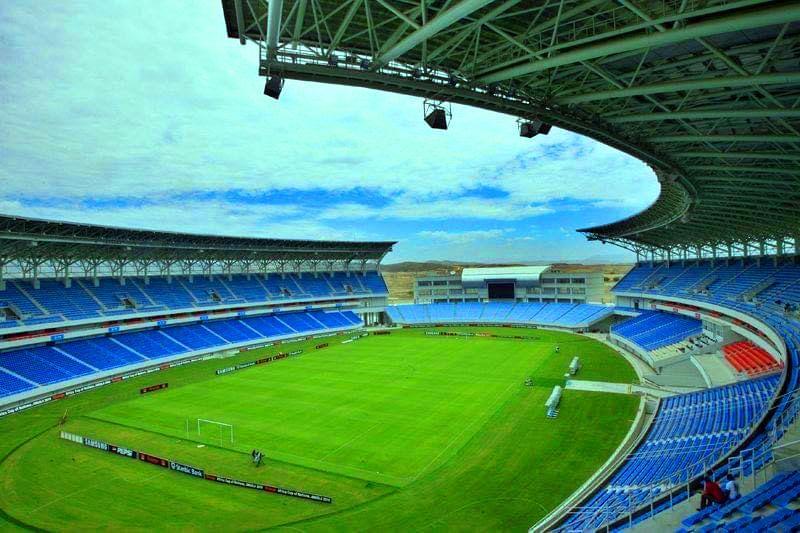Africa-Press – Eswatini. The need for a solution is imminent.
The combined financial expenditures of the three largest football clubs in the country, namely Mbabane Highlanders, Mbabane Swallows and Manzini Wanderers, amount to a staggering sum of over E5 million in a season, which usually lasts between eight to 10 months. This level of expenditure far surpasses what the local football scene can sustainably offer, raising concerns about the long-term viability of the teams’ financial models.
The financial challenges faced by top-tier football teams are further compounded by the loss of several major tournaments due to the COVID-19 pandemic, including the EswatiniBank Cup and the Eswatini Telecom Charity Cup. While the return of the Ingwenyama Cup and the revival of the Trade Fair Cup after a decade-long hiatus have provided some relief, the cancellation of the MoMo Cup from next season means that teams will need to explore alternative sources of revenue to sustain their operations.
Inkunzi Emnyama Managing Director (MD) Ally Kgomongwe revealed that the cost of running his team was approximately E370 000 per month, including player salaries and rent for the club house. “The task of managing a top-tier team like Highlanders is daunting, as it requires a significant financial investment of approximately E400 000 per month. This includes E25 000 for the club house where some of the players reside, E295 000 for player salaries, with some players earning between E10 000 to E15 000, with the lowest-paid player receiving E6 500. Despite not having a sponsor, the team remains one of the highest-paying in the country,” Kgomongwe said.
Daily
Kgomongwe further disclosed that the team spends approximately E10 000 each week on daily operations, totalling E40 000 per month. This amount covers the costs of preparing for matches, such as transportation, equipment and other logistics. Meanwhile, Umkhonto KaShaka Governor Sandile ‘Beyond 2000’ Zwane disclosed that Swallows expenditure was expected to reach over E2m by the end of the season. Among other expenses, the team spends close to E10 000 on fuels for its sprinter, which requires E2 500 worth of fuel each week.
Additionally, the team incurs costs for emergency services during its 13 home league games, stadium bookings at Mavuso Sports Centre that amount to E2 300 per game and E3 500 per home game for marshals, totalling E45 000 for all games. Zwane emphasised that feeding and paying marshals are also key components of the team’s budget.
For Swallows, the financial situation is somewhat better, as the team has secured two sponsorships in Eclipse which provides a season-long food supply worth E125 000. Additionally, aQuelle Viv has provided a season-long sponsorship of sports drinks and still water worth E420 000. These sponsorships have helped alleviate some of the financial pressures faced by the team, enabling them to focus on their performance on the field.
Several other clubs in the MTN PLE have secured sponsorship, including Ezulwini United, which received a sponsorship worth E650 000 from Luphohlo Commodities and sports supplier Umbro. Nsingizini Hotspurs, which signed a sponsorship deal worth E1.5 million with Embiveni Meats as well as a three-year technical sponsorship deal with Primo.
Sponsors
Soccer teams like the big three can attract sponsors by highlighting their strengths and successes, establishing a strong brand identity, leveraging social media, attending networking events and developing a compelling sponsorship proposal. Successful sponsorship can provide financial support, exposure and legitimacy. Teams can increase their chances of securing sponsorship by building a strong reputation, engaging with fans and stakeholders, and demonstrating their commitment to success. By utilising these strategies, soccer teams can secure the support they need to thrive and succeed in the competitive world of soccer.
Manzini Wanderers Chief Executive Officer (CEO) Diana Johnson and the PLE Chief Executive Officer (CEO), Kenneth Makhanya could not be drawn for comment by the time this report was compiled.
For More News And Analysis About Eswatini Follow Africa-Press







